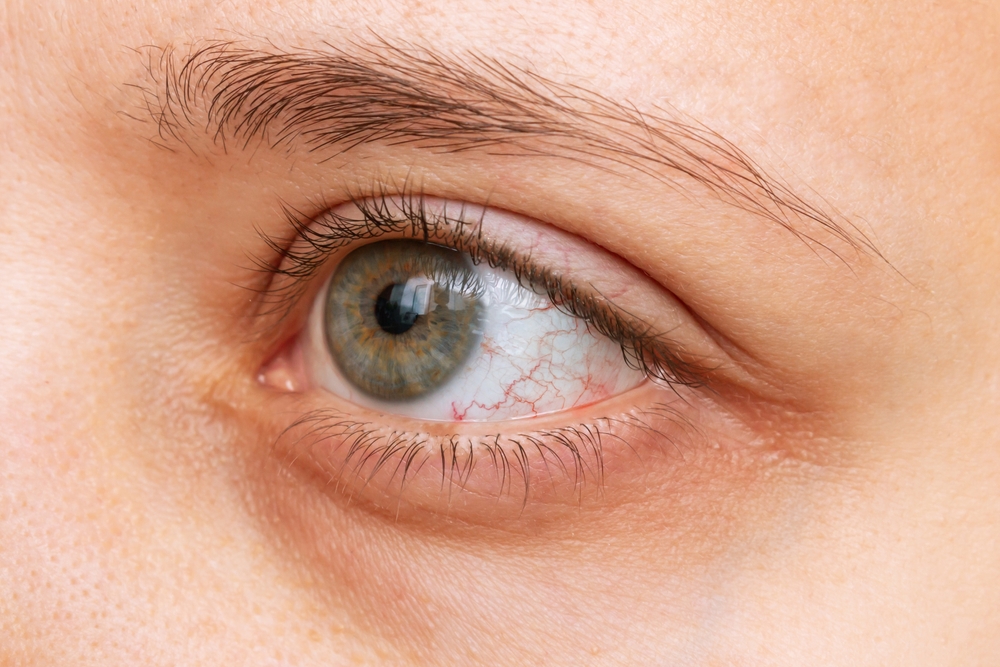
Do your eyes often feel scratchy, irritated, or uncomfortable? Do they look red or feel gritty and dry? These signs may mean you have a condition called dry eye syndrome. Luckily, several effective treatments can relieve dryness and renew eye comfort.
What causes dry eyes in the first place?
Dry eyes happen when the eyes do not make enough tears. It also develops when quality tears evaporate too quickly from the surface. Many things can cause this, including:
Aging: Tear production decreases with age.
Environment: Dry climates, pollutants, heating, and AC accelerate water loss from tears.
Screen time: Staring without blinking dries eyes faster.
Medications. Many common medications affect tear quantity.
Health conditions: autoimmune disorders, deficiencies, inflammation.
Eye structure issues: problems with eyelids or tear ducts disrupt tears.
Getting proper treatment renews moisture, protects vision, and prevents future issues.
Where to Start: Lifestyle Changes
For mildly dry eyes, minor daily tweaks can help the eyes feel a lot better.
Blink frequently when looking at screens. Blinking coats the eyes with a nice, smooth layer of tears. This layer protects the eyes from drying out too fast.
Use a cool-mist humidifier at home. Humidifiers add moisture to dry indoor air. This stops living spaces from sucking water out of eye tears too quickly.
Reposition screens lower down. Positioning screens below eye level cuts down on drying. Gaze slightly downward when working instead of straight ahead.
Take many brief breaks for your eyes. Reading devices or paper for a long time without pauses tires eyes out. Briefly look away every 20 minutes.
Have less caffeine and alcohol. Drinks like coffee, tea, soda, and alcohol remove water from the body. This dehydrates the eyes over time, worsening dryness.
Drink more water every day. Getting enough water keeps moisture balanced in the body. Well-hydrated eyes stay wetter between blinks.
Add extra therapies when home remedies do not fully ease eye irritation. Other treatments, like eye drops, medicines, or procedures, may protect your vision.
Over-the-Counter Medications
Accessible, affordable, over-the-counter options can relieve mild to moderate dry eye. These include lubricants, eyewashes, warm compresses, and omega-3 supplements. Used regularly or as needed, these provide added moisture without a prescription.
Prescription Medications
If over-the-counter options fail to ease chronic dryness, prescriptions offer advanced relief. These include long-term artificial tears, oral medication, and ointments. Doctors may alternate temporary steroid drops or antibiotics, especially for severe cases.
In-Office Procedures
For stubborn dry eyes, in-office procedures could help. Punctal plugs in tear ducts slow drainage, allowing better tear coverage. The effects last around six months. A thermal pulsation device opens blocked oil glands. Thus, tears evaporate slower, reviving fluid stability. These treatments aim to preserve natural tears. They are good options before you consider surgery.
The best treatment depends on the specific factors causing your dryness. A complete eye exam and consultation will recommend the next steps. Waiting too long with inadequate relief can cause vision complications.
Dry eyes show tear film harmony disruption. Implementing appropriate interventions protects against further irritation. See an eye doctor to find your personalized approach to relief.
For more on dry eye syndrome, visit Wilson Eyecare Professionals at our Greenfield, Indiana, office. Call (317) 477-3937 to schedule an appointment today.






